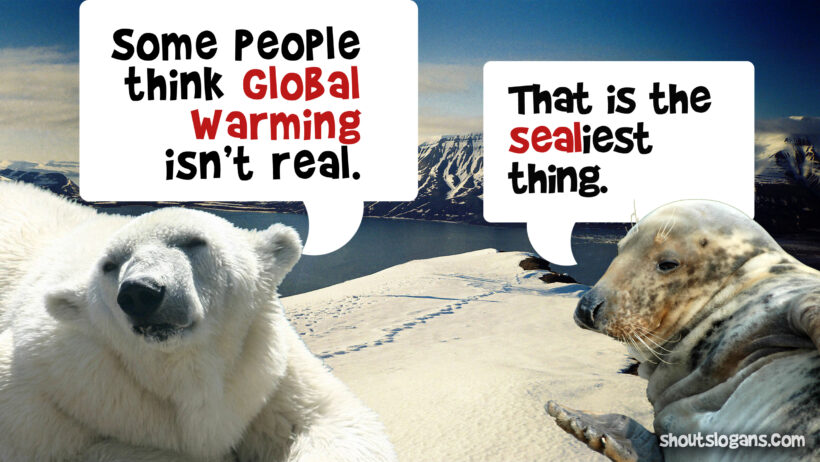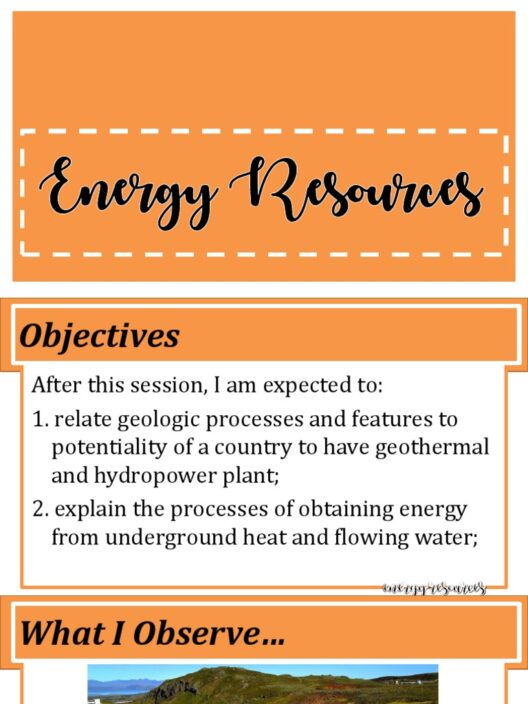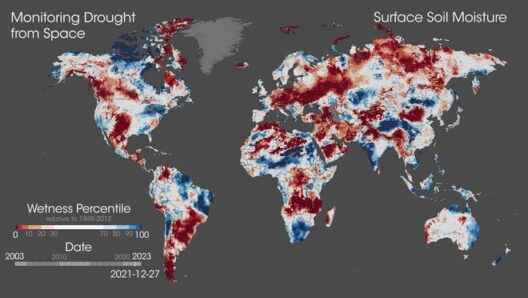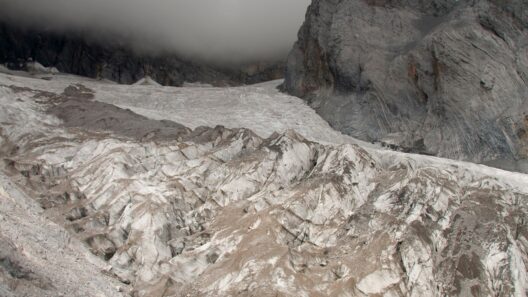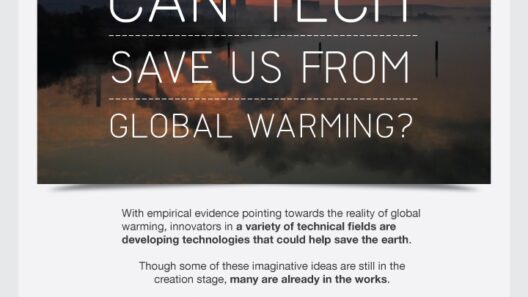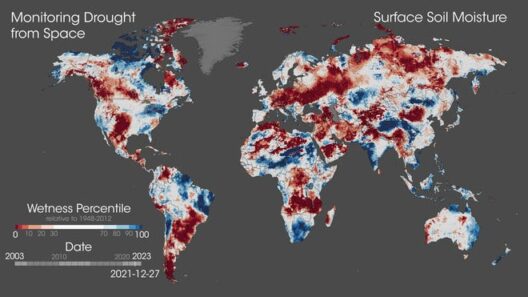In the modern discourse surrounding climate change, one frequently encounters a spectrum of opinions, particularly from those who deny the existence or severity of global warming. These denialists often invoke a myriad of arguments that reflect skepticism and a misunderstanding of scientific data. However, a thorough exploration of historical evidence reveals an undeniable truth: climate change is not only a pressing issue but also a phenomenon supported by data dating back over a century.
To effectively unravel the fallacies surrounding global warming denial, it is essential to delve deep into comprehensive data while also framing the conversation within the context of observable environmental changes extending back to the 1800s.
One of the core tenets of climate change denial is the perpetuated myth that climate has always fluctuated, thus rendering current warming a mere continuation of natural variability. While it is true that Earth’s climate records show historical fluctuations, such as ice ages and interglacial periods, these variations were not characterized by the monumental rate of change observed today. Historical data reveals that while natural factors such as volcanic eruptions and variation in solar energy influence climate, current warming trends are markedly accelerated.
The Industrial Revolution, commencing in the late 18th century, marked the inception of substantial increases in greenhouse gas emissions, primarily carbon dioxide, due to the combustion of fossil fuels. By meticulously examining ice core samples, scientists can glean valuable insights into atmospheric composition over millennia. These cores indicate that current CO2 levels are unprecedented in at least 800,000 years. This enormous spike correlates closely with industrial activity, painting a stark picture of human impact on climate.
An examination of temperature records further underscores the urgency of addressing global warming. Historical climatology has established that Earth’s average temperatures have risen by approximately 1.2 degrees Celsius since the late 19th century, a trend meticulously documented by global temperature datasets. This rise may appear modest yet catalyzes disturbing ecological and meteorological consequences—more frequent and intense heatwaves, melting ice caps, and rising sea levels, to name a few.
Moreover, the argument that climate models are unreliable and that predictions are no more than educated guesses lacks substantiation when considered against the backdrop of historical accuracy. Climate models have been rigorously tested against historical climate data and have consistently proven their reliability in predicting trends. For instance, models accurately forecasted the existence of the ‘hiatus’ in warming between 1998 and 2012, demonstrating strong predictive capabilities. These predictive models, while complex, utilize established scientific principles to project scenarios based on various greenhouse gas emission trajectories. Ignoring these meticulously crafted projections does a disservice to future generations.
The ramifications of downplaying global warming extend to social and economic spheres. Climate change disproportionately affects vulnerable populations, exacerbating existing inequalities. Developing nations, which contribute little to global emissions, bear the brunt of climate-related disasters, illustrating a tragic irony. The World Bank projects that climate change could force over 140 million people to migrate within their countries by 2050 due to water scarcity, food insecurity, and extreme weather events. Acknowledging this aspect is critical for global justice and effective policy-making.
Incorporating ecological perspectives, the biodiversity crisis emerges as a stark consequence of climate change. The Intergovernmental Science-Policy Platform on Biodiversity and Ecosystem Services (IPBES) has made it clear: human activity is responsible for the loss of one million species, primarily due to habitat destruction, pollution, and climate change. As ecosystems unravel, the services they provide—clean air, pollination of crops, and regulation of the climate—dwindle, endangering multiple life forms, including humanity itself.
The narrative that climate change is a distant future problem relegates it to an abstract debate, when in fact, we are already witnessing profound alterations in weather patterns, flora, and fauna distribution, and oceanic chemistry. The oceans are absorbing excess heat and carbon dioxide, resulting in warming waters and acidification. Marine ecosystems, such as coral reefs that support countless marine species, are under siege. This illustrates the urgency of addressing climate change, emphasizing proactive engagement rather than reactionary measures.
Shifting the narrative to solutions, we must promote actionable strategies underpinned by scientific insights. A multifaceted approach incorporating renewable energy transitions, energy efficiency advancements, and reforestation initiatives is paramount. Governments and corporations alike must spearhead a transition away from fossil fuel dependence, fostering a collaborative movement toward sustainable practices. Sustainable agriculture and urban planning must also integrate climate resilience strategies. Education and advocacy play crucial roles in galvanizing public support for these objectives.
Moreover, engaging with communities to foster grassroots movements can lead to significant change. Empowering individuals with knowledge about environmental impacts and promoting active participation in local initiatives can catalyze wider societal shifts. By taking concerted action at the individual level—from reducing waste to advocating for policy changes—we can collectively steer the narrative away from denial toward awareness and accountability.
In conclusion, the data from the past and ongoing observations solidify the reality of climate change. As we confront the climate crisis, it is imperative to dispel myths and embrace the collective responsibility of safeguarding our planet. The urgency to act is immediate. Debunking climate change denial reveals not only an obligation to the environment but also highlights a necessity to protect the future of humanity. Acknowledging the facts is the first step toward catalyzing meaningful change—a change that can preserve the delicate balance of our ecosystems and ensure a livable planet for generations yet to come.



